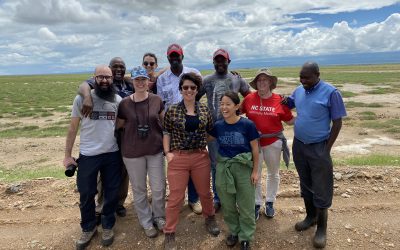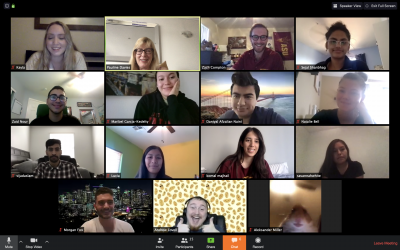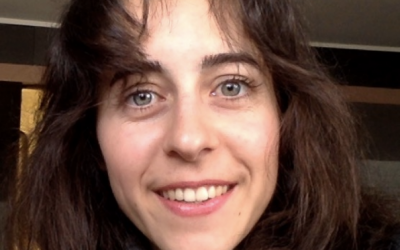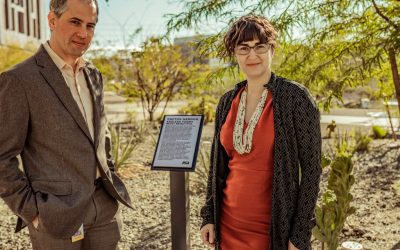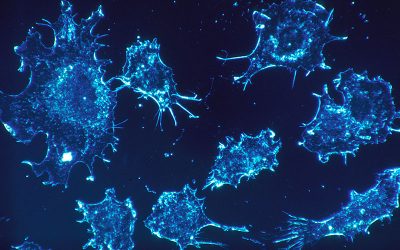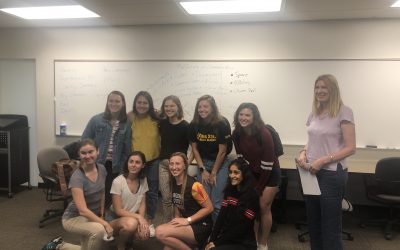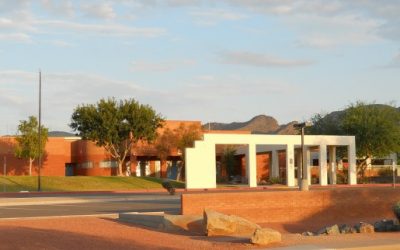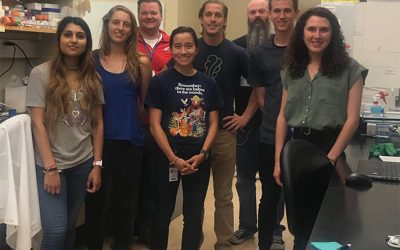Cancer in African Wildlife
Just before Covid-19 struck and the world changed, 5 members of ACE flew to Nairobi to spend 10 days working with their collaborators from the Kenya Wildlife Services (KWS) and the world-renowned Institute for Primate Research (IPR). Tara Harrison, Valerie Harris, Amy...
New ACE Undergrads
Welcome to our new ACE Interns and all the other undergraduate students who are working on our projects. We love having you with us! It's great just how many students have joined ACE - we have 11 formal interns and many more obtaining course credits. They are a really...
Coffee at Beyond: The Multicellular Symphony – Cooperation, conflict, cancer and chimeras across the tree of life
3pm January 27 2021, Biodesign Auditorium Dr Steffi Kapsetaki Open to all.
Public Lecture: From Fish to FOMO
ACE, The Center for Evolution and Medicine, and the Biodesign Institute are delighted to host Dr. Barbara Natterson-Horowitz for a public lecture on Thursday, January 16, 2020, 5 - 6:00 pm. The talk, titled From Fish to FOMO: How Social Media and the Ancient “Biology...
Evolutionary Research to Treat Cancer Patients Reported in Wall Street Journal
Research by ACE members, Carlo Maley and Athena Aktipis, is the focus of a story in the Wall Street Journal. The article describes how adaptive therapy (not attempting to wipe out all cancer cells but to hold them at bay) is about to be trialed on metastatic breast...
ACE Holds First Bootcamp
We've just held our first week-long boot camp to demonstrate the research methods used by ACE. 16 attendees (mostly post-grads and post-docs) came to Arizona State University from across Europe and the US. Mornings were spent in tutorials by members of ACE...
Student Work on ACE and Cancer Research
This past semester, students from Paul and Pauline Davies' Science and Health Communcations (HON 494) class have written articles on cancer research. These reports include work done by ACE as well as Carl Fink, a professor at the University of Minnesota who's using...
Dancing for Science: Cancer Research Uses Human Bodies as Models
In our Health and Science Communication class at ASU, students were lucky enough to have a visit from renowned science and dance specialist, Carl Flink, who opened our eyes to new ways of viewing our research. Students Leah Jameson...
Ace Visits DISCOVERoom at a Phoenix Elementary School
ACE team members were delighted to work with the lunchtime science club in the DISCOVERoom at Kyrene de la Colina Elementary School in Phoenix before the leadup to their summer holidays. The DISCOVERoom is a wonderful resource for the kids; it is...
ACE Students Go on Lab Exchange
Our intern at UCSB, Kenna Sherman, who has been working with Amy Boddy, visited ACE in Josh Shiffman's lab along with new PhD student Zachary Compton at the Huntsman Cancer Institute in Utah. They went to learn how to perform DNA damage response essays....
